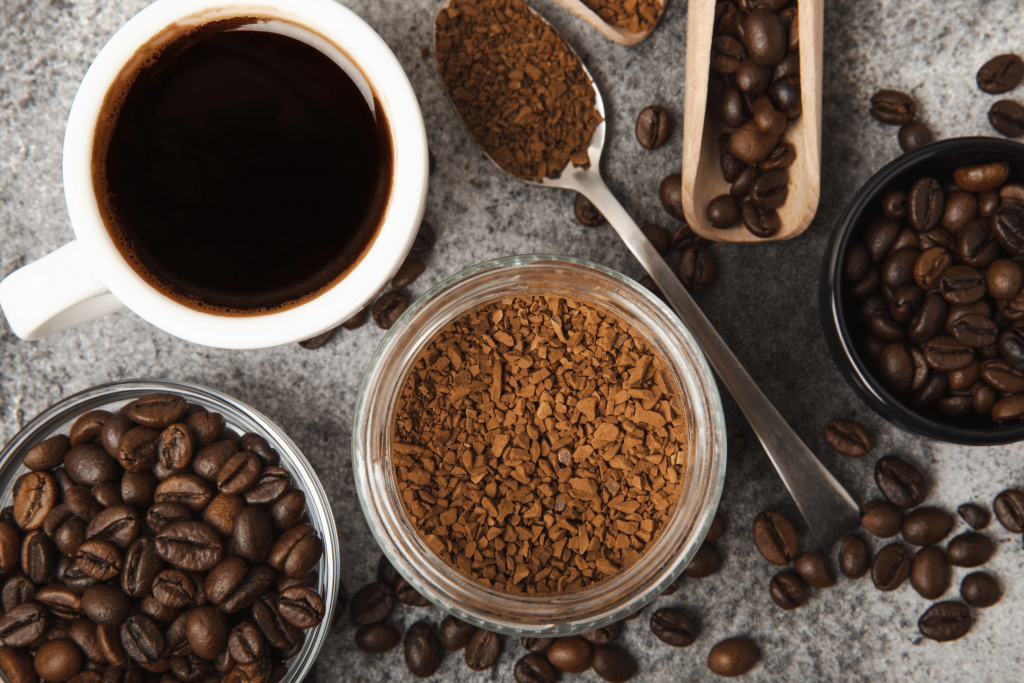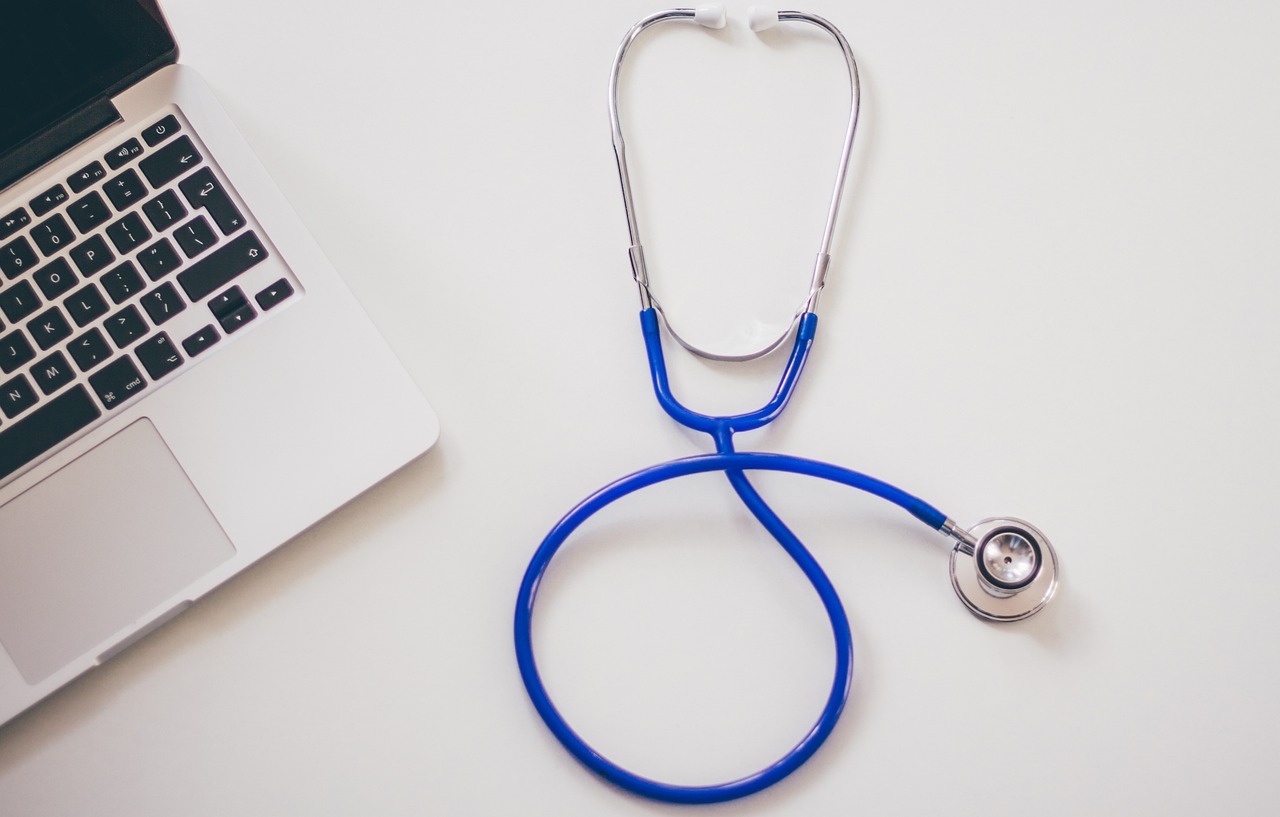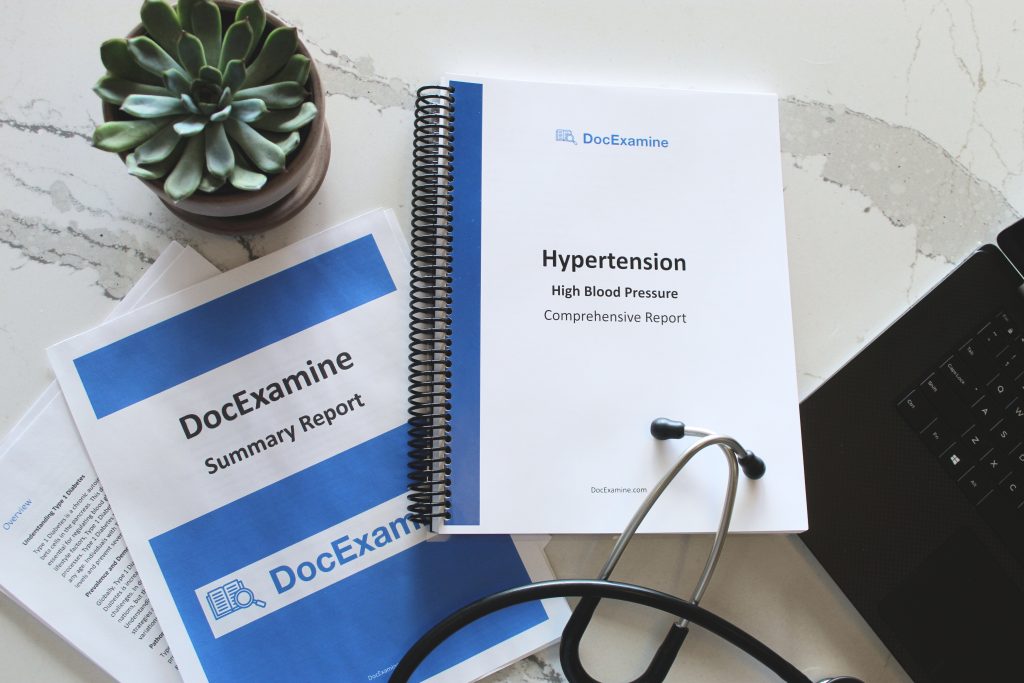
Caffeine is one of the most popular stimulants worldwide, found in coffee, tea, soda, and energy drinks. But how does it affect your blood pressure? In this post, we’ll dive into the science behind caffeine’s influence on blood pressure, discuss safe intake levels, and share some coffee-alternative tips.
The Science Behind Caffeine and Blood Pressure
Acute Effects
Caffeine can cause a temporary increase in blood pressure. When you consume caffeine, it stimulates the central nervous system, which may lead to a short-term spike in heart rate and constriction of blood vessels. This effect is more pronounced in people who are not regular caffeine users or who are particularly sensitive to caffeine.
Multiple studies suggest that this short-term rise is usually modest. For example, a review of clinical trials found that caffeine consumption can temporarily increase systolic blood pressure by 3–15 mmHg, but these effects typically subside within a few hours.
Long-Term Impact
When it comes to habitual caffeine consumption, the evidence is less clear. Some research indicates that regular caffeine users may develop a tolerance, meaning their baseline blood pressure is less affected over time. However, if you already have hypertension or are sensitive to caffeine, these temporary spikes could be a concern.
Safe Caffeine Intake Levels
Health organizations generally suggest that moderate caffeine consumption is safe for most adults. For most people:
- Up to 400 mg of caffeine per day (about 4 cups of brewed coffee) is considered safe.
- If you are sensitive to caffeine or have been advised by your doctor to limit your intake, consider reducing your consumption or switching to decaffeinated options.
It’s important to remember that caffeine content can vary significantly between different beverages and even different brands. Always check labels and consider how your body reacts to caffeine.
5 Coffee Alternatives to Keep You Energized
If you’re looking to reduce your caffeine intake without sacrificing your morning routine, here are a few alternatives:

#1 Decaffeinated Coffee:
Enjoy the taste of coffee with significantly less caffeine. Decaf coffee typically contains only 2–5 mg of caffeine per cup.

#2 Herbal Teas:
Herbal teas, such as chamomile, peppermint, or rooibos, are naturally caffeine-free and can provide a soothing alternative.

#3 Green Tea:
While green tea does contain some caffeine (roughly 20–45 mg per cup), it also offers antioxidants and other health benefits that might make it a preferable choice for some.

#4 Water with a Twist:
Infuse water with slices of fruit, cucumbers, or mint for a refreshing, caffeine-free beverage that keeps you hydrated and energized.

#5 Golden Milk:
A warm beverage made with turmeric, ginger, and almond milk (or another non-dairy alternative) that can be both comforting and anti-inflammatory.
Final Thoughts
While caffeine does cause a short-term increase in blood pressure, moderate consumption is generally safe for most people. If you have hypertension or are particularly sensitive to caffeine, monitoring your intake and exploring alternatives can help you manage your blood pressure more effectively. Remember, individual responses vary—if you’re unsure how caffeine affects you, discuss your concerns with a healthcare professional.
Taking control of your caffeine consumption is just one part of managing your blood pressure. Combine a balanced diet, regular exercise, and stress management techniques to support your overall heart health.
Sources
- American Heart Association – What is High Blood Pressure?
- Mayo Clinic – Blood Pressure Chart: What your reading means
- WebMD – Frequently Asked Questions About High Blood Pressure





